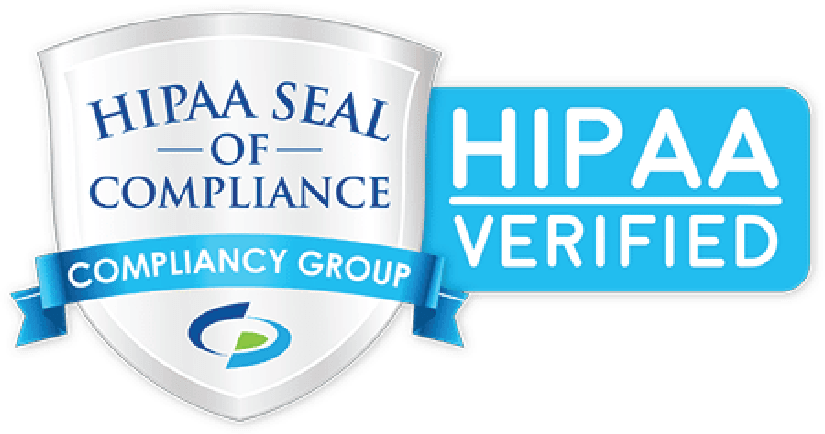Technology Concerns Facing Healthcare CIOs
Integrating digital into strategic plans requires a greater degree of alignment between IT and business teams than ever before.
Healthcare IT is in the midst of a revolution, with fast-changing solutions that are driving meaningful change — but could also cause significant organization distress if not executed properly. Americans continue to struggle with the affordability of healthcare, and the massive investments required for quick shifts in technology will provide a long-term reduction in costs but can be a short-term drain on resources. There is a renewed focus on prevention and well-being, which requires providing healthcare consumers with actionable insights that are focused on encouraging positive lifestyle choices. This information comes at a cost and has been hindered in some ways by the challenges associated with providing secure access to sensitive and confidential data. Even with all of these challenges in the next five years, healthcare technology offers exciting opportunities for intrepid CIOs.
Clear, Consistent View of Data Across Platforms
IoT devices, healthcare intake platforms, patient portals and mobile devices are all part of everyday life at a healthcare facility. Each of these devices must be fully secure and still have appropriate access to information based on the role of the individual utilizing the data. Simply sharing information across disparate platforms causes headaches for systems engineers, much less ensuring accurate user roles and access to particular data segments. McKinsey estimates that medical data will double every 73 days by 2020, allowing AI-powered insight that will help create the next generation of diagnostics and disease prevention.
Medical Robots Finally Arrive
There have been limited tests of the da Vinci surgical robot assisting humans in the operating room, but the true widescale usage of telepresence and robotic medical assistance has been relatively limited. The ability to treat individuals remotely for more advanced issues than earache and sinus infections will be a massive adjustment for patients and healthcare professionals alike, but the possibilities associated with medical robotics will require IT, operations and legal professionals to deepen their bond to consider all of the ramifications. By 2023, the global medical robotics industry is slated to exceed $20 billion — a staggering sum that proves this “new” advancement is truly coming into its own.
Augmented Reality, AI and Machine Learning
Machine learning has been gaining acceptance as a way to scan through mass quantities of data looking for specific patterns, such as when laboratory tests actually provide meaningful results and benefit to the patient’s care. These predictive models are only one of the ways that these advanced solutions are being leveraged to reduce test frequency and improve accuracy. Augmented reality is being utilized along with AI to equip medical personnel with advanced capabilities such as heat-sensing abilities and even X-ray vision. One such solution is AccuVein, a device that dramatically improves the accuracy of doctors and nurses as they attempt to find veins for blood draws or IV insertions.
There’s no question that the future of healthcare is based on technology innovation, with the healthcare firms that are able to execute and scale winning the strategic advantage from their peers. Having access to the right tools and resources to boost productivity and drive out inefficiencies is a vital component of your strategy, which is why the professionals at Kraft Technology Group have worked to define a deep well of healthcare knowledge across their team. Contact us at (615) 600-4411 to learn more about how proactive technology support and services can help sustain your healthcare firm through periods of rapid growth.




